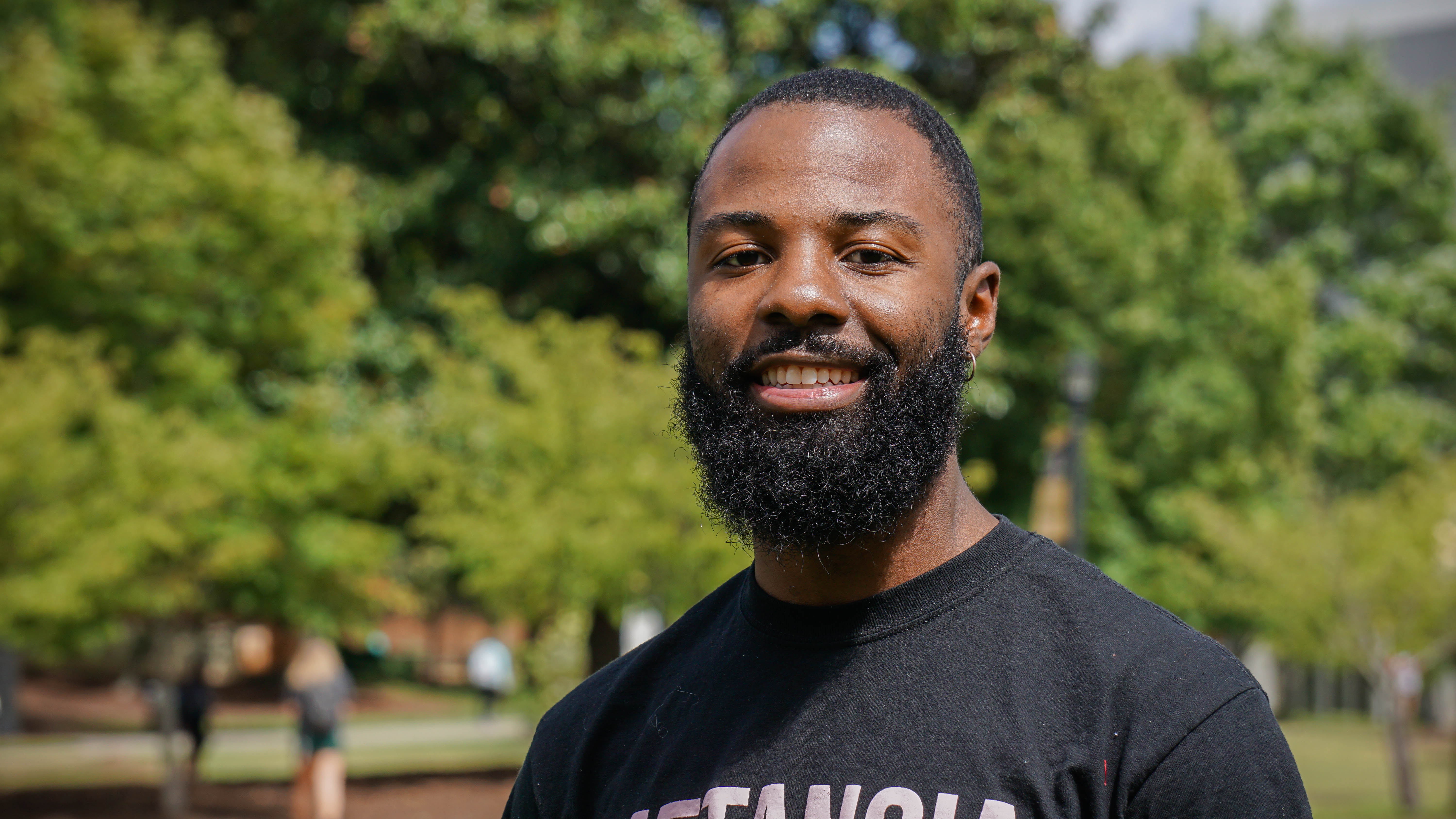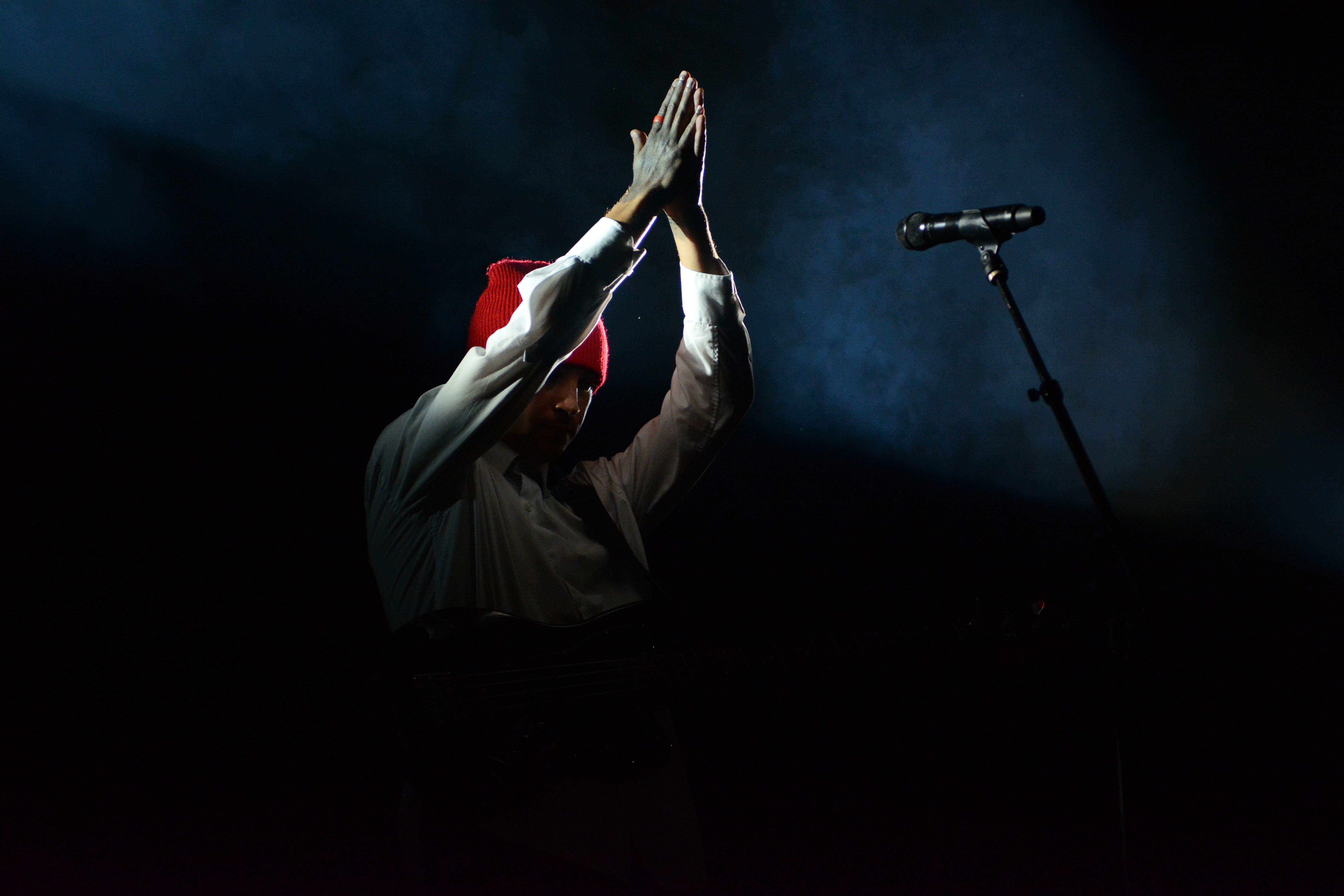Kennesaw State graduate Jaye Newton’s viral May 17 tweet of black students dancing at a pool party sparked hundreds of comments of controversy in the reply section because the caption implied that KSU is a historically black college or university.
The Atlanta hip-hop group Crime Mob’s 2004 hit “Knuck If You Buck” blasted in the background as people in swimsuits gathered in a line and danced in-sync. The video was captioned, “I love my HBCU” and “BKSU.”
“I said ‘I love my HBCU’ as a joke, just to show the extent of black students that we saw around the actual situation,” Newton said.”Somebody asked me what BKSU was and I replied, ‘Black Kennesaw State University’ and that’s when all hell broke loose and everybody was in an uproar between PWIs and HBCUs.”
According to KSU’s Office of Institutional Research, nearly 55% of students at KSU are white, making it a predominately white institution.
Newton said that diversity is an important pro of attending a PWI such as KSU. He believes that when living in the United States, it is important for black students to be exposed to different cultures.
Two black KSU students and two HBCU students shared their opinions of what the significance of each type of school is.
“I feel like I’m connecting with a lot of people and just the rigor of academics I feel will set me up for where it is that I want to be in life, but I’m not saying you can’t get that at an HBCU either,” senior biology major Kayla Price said of PWIs.
An HBCU student weighed in on the pros of attending one.
“Most HBCUs are small … Most professors are alumni so they really care and want to give back,” Hampton University graduate Zachary Bragg said. “HBCUs give chances to people who didn’t have the best grades in high school to get a college education.”
Newton acknowledges the negatives of attending a PWI.
“There’s a lot of instances of racism that you are exposed to because you’re at a PWI,” Newton said. “PWIs at times don’t do a great job at catering to their diverse campuses. I think they have a cookie-cutter approach where they feel like every student is equal and that’s not necessarily the case.”
Price said that he feels like black students at PWIs will not have deep connections with professors.
“When you go to an HBCU you do have people that show you that you’re appreciated … I feel like at PWIs sometimes you are more of a number than you are a student,” Price said.
Bragg said that poor administrations run HBCUs. HBCUs are looked down upon because potential administrators do not think the universities provide a good education, Bragg believed.
Despite what Twitter looks like, the students say there is no animosity between those who go to the other type of school.
“The thing that I respect about black students at PWIs is that they create many black colleges and universities on their campus,” Florida A&M University student Chase Beasley said.
“PWI students don’t perceive HBCU students in a negative way. A lot of the time we’re envious of the fact that they’re exposed to history that we don’t necessarily know because they go to a historically black college,” Newton said. “I don’t think that envy is always a negative thing.”
Price thinks that HBCU students often question the blackness of black students at PWIs, but she does not see the big deal of where black students decide to go to college.
Beasley dismisses the idea that black PWI students hate themselves.
“I think that there are some HBCU students who would say that people that attend a PWI are anti-black or hate themselves and that’s just unfortunate they think that way,” Beasley said.
“It’s hard to have an open dialogue, I think that’s something needed between both sides,” Newton said. “PWI students and HBCU students need to have a commonality where we establish that yes, we go to different schools, but however, at the end of the day, we’re black.”
Candace Mitchell contributed to this article.



